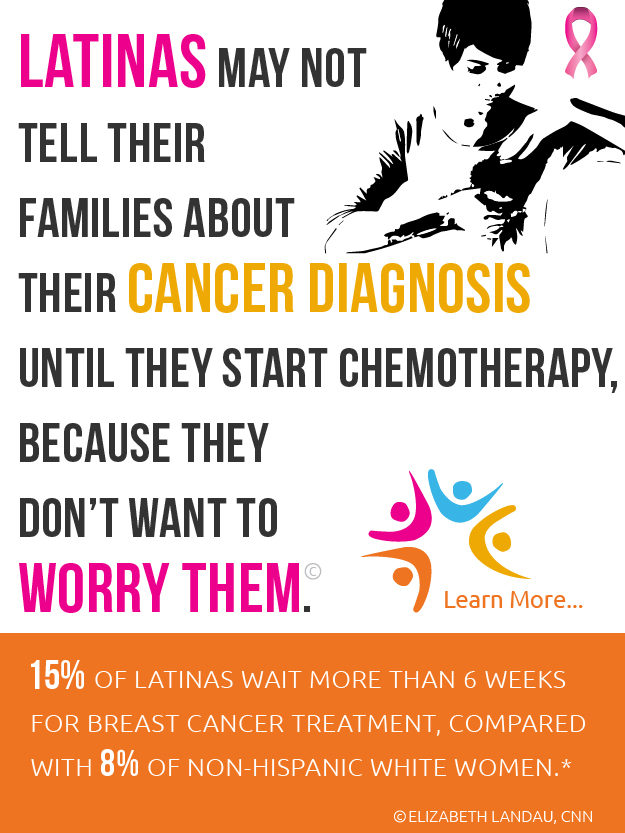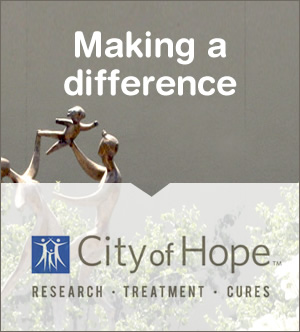Healthcare Disparities
The Hispanic Cancer Rate is Expected to Grow by More than 100 Percent
07/01/2015 06:00am | 7897 viewsCancer is the number one killer of Hispanics in the United States, with more than 59,000 new cases reported annually. Prostate cancer is projected to be the most commonly diagnosed cancer among men, and breast cancer will continue to top the list of cancer in women. And though cancer is already prevalent among Hispanics, new data suggests the number are only going to climb.
Treatment Insights
Protecting Our Children from the Risk of Diabetes in Their Adulthood
21/05/2015 10:15am | 7778 viewsAs a follow-up to his article, Setting a Healthy Example Can Keep Kids Off the Path to Diabetes, editor-in-chief Marisa Salcines sat down with Dr. Raynald Samoa, Assistant Professor, Department of Clinical Diabetes, Endocrinology and Metabolism at City of Hope, to get his further thoughts and advice for parents concerned about the rising rate of diabetes in Hispanic children and young adults.
Treatment Insights
Poor Survival Rates Uncovered for Hispanic Women with Endometrial Cancer
13/02/2015 02:49pm | 8068 viewsEndometrial cancer is cancer that affects the lining of the uterus. According to the American Cancer Society, approximately 52,000 new cases are diagnosed annually, with around 8,500 deaths attributed to the disease. Though this cancer is more common among non-Hispanic whites, studies have shown in the past, non-Hispanic blacks were more likely to die from endometrial cancer.
Career Management
Noted Experts Lead Breakthrough Conversation at CHL December 2nd Forum
29/11/2013 11:06am | 12195 viewsWith the growing need to build synergy between U.S. Hispanic patients and the medical community especially in states with high Hispanic populations, Center for Hispanic Leadership’s December 2nd forum, Strengthening the Hispanic Pipeline in Healthcare and Biomedical Fields, hosted at City of Hope in Duarte, California, featured leaders from City of Hope, Citrus Valley Health Partners, Duarte Unified School District, Pew Hispanic Center, and the Texas Medical Association as well as prominent subject matter experts.
Breast Cancer Awareness
Q&A with Dr. Jeffrey Weitzel: Research Addresses Genetic Mutations and Disparities in Latina Breast Care (Part 2)
24/02/2015 05:05pm | 8659 viewsBy Breast Cancer Research Foundation
This is the conclusion of a two-part Q&A between Breast Cancer Research Foundation (BCRF) and Dr. Jeffery Weitzel, Division Chief of Clinical Cancer Genetics at City of Hope in California, in which he discusses his work in the Latina community, both in the U.S. and Latin America, and his insight on new discoveries that are helping us to understand the role of genetics in breast cancer risk for Hispanic women.








